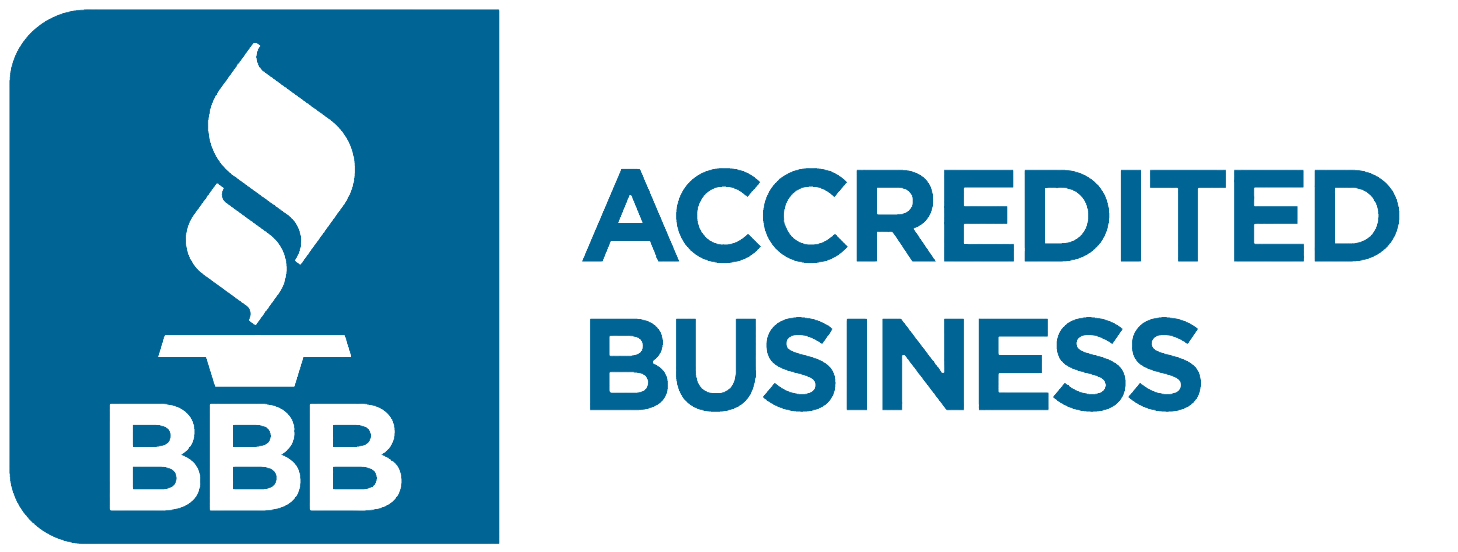Real Estate Investing
Alternative investments as an asset strategy
If you’re interested in alternative real estate investments but don’t want the headache of being a landlord, DSTs could be an effective part of your portfolio. Learn more about the main benefits of DSTs and why accredited investors* turn to passive real estate investing by clicking below.

THE BASICS
Delaware Statutory Trusts (DSTs) allow owners of real estate to sell their investment real estate and potentially defer capital gains taxes. DSTs are essentially a legal entity formed as private governing agreements for managing, administering, investing, and/or operating real, tangible, and intangible property. It operates as a business or organization for profit and is operated by one or more individuals who act as trustees for the benefit of the investors in the DST.
A DST could be structured in such a way that it would qualify as a property replacement vehicle for 1031 Exchanges. 1031 exchanges allow you to defer the capital gains tax on the sale of investment property by reinvesting the proceeds into a similar qualifying property. So, DSTs are essentially an investment vehicle for those who don’t want to become a landlord but want the benefits of owning real estate.
HOW DO DST’s WORK?
A real estate investment firm identifies a property and acquires it under a DST. That firm becomes the master tenant and opens a trust for potential investors to purchase a beneficial interest. Thus, an accredited investor would have an opportunity to own a beneficial interest in a property that would normally be out of reach to them. So, the investor would see the benefit of owning land while bypassing the responsibilities of being a landlord.
BENEFITS OF DST’s
- Bypass the work of the landlord and receive passive income
- Be a share owner of income-producing commercial real estate properties
- Convert your valuable property into an income producing property AND potentially defer your capital gains with a 1031 exchange
- Get the benefits of real estate ownership and income without the stress and hassles of property management
- Create an easily dividable asset for your heirs
HOW DST’s CAN WORK FOR YOU
Has your real estate asset appreciated greatly in value?
Many who own highly appreciated investment properties feel stuck with their asset due to the high tax bills they face on their gains. A DST qualifies as a 1031 like-kind exchange. That means you could defer your tax bill while still be invested in an income producing property AND remove the burden of property management responsibilities.
Are you looking to add income producing properties to your portfolio?
A DST can be a great addition to your portfolio whether you’re experienced as a real estate investor or new to it. The DST sponsoring firms make it easy for you to choose from properties in their portfolios that best suit your investment strategy. It may also pose an opportunity to gain a new income stream.
If you’re a current landlord, are you fed up with the headache of property management?
If you’re a landlord, you’re likely familiar with the terrible T’s: Tenants, Trash, and Toilets. A DST can be a great way to enjoy the benefits of real estate ownership without dealing with those issues. Many DST-operated properties have professional property management companies already in place, so you no longer need to be involved in the upkeep and maintenance.
Are you searching for a real estate asset that’s easily divisible to leave your heirs?
Owning real estate can be a highly valuable investment, but it can be problematic when splitting it up amongst your family and heirs. A DST is a real estate investment that allows you to have fractional ownership of a property and can be easily divided amongst your heirs, avoiding potential family disruptions.
If you just sold your property, are you looking for a like-kind investment to place your proceeds?
You may have sold your property and are almost out of time to find a suitable replacement. A DST qualifies as a like-kind 1031 exchange which means that you can invest in a DST and defer your taxes on the gains. If you’re running out of time to re-invest your proceeds, you may feel rushed which can lead you to ill-advised decisions. When it comes to investing in real estate, finding the right property is crucial and DSTs can be a smart, simple, solution that gives you options as a 1031 like-kind exchange.
Are there drawbacks to DSTs?
Lack of liquidity is the main drawback for a DST. The price of deferring landlord responsibilities is that you are not in control of when the assets will be sold. If in less than 10 years you need the money from your real estate investments, The DST may not be a good alternative for you. Many investors wish to keep their 1031 exchanges operating until there is a step-up in basis. Also, you may not be ready to retire from building and managing your properties, especially if you are a younger real estate investor. You may have a much higher potential investment return in the future as an active investor rather than a passive DST investor.
*To be an accredited investor, an individual must have had earned income that exceeded $200,000 (or $300,000 together with a spouse) in each of the prior two years and “reasonably expects the same for the current year,” according to the SEC. Or, the individual must have a net worth of more than $1 million, either alone or together with a spouse. With the passage of the Dodd-Frank Act, this now excludes a primary residence as being eligible as part of an investor’s net worth (investors who had existing accredited investments but who now fail the net-worth test without their residence being valued were grandfathered).





